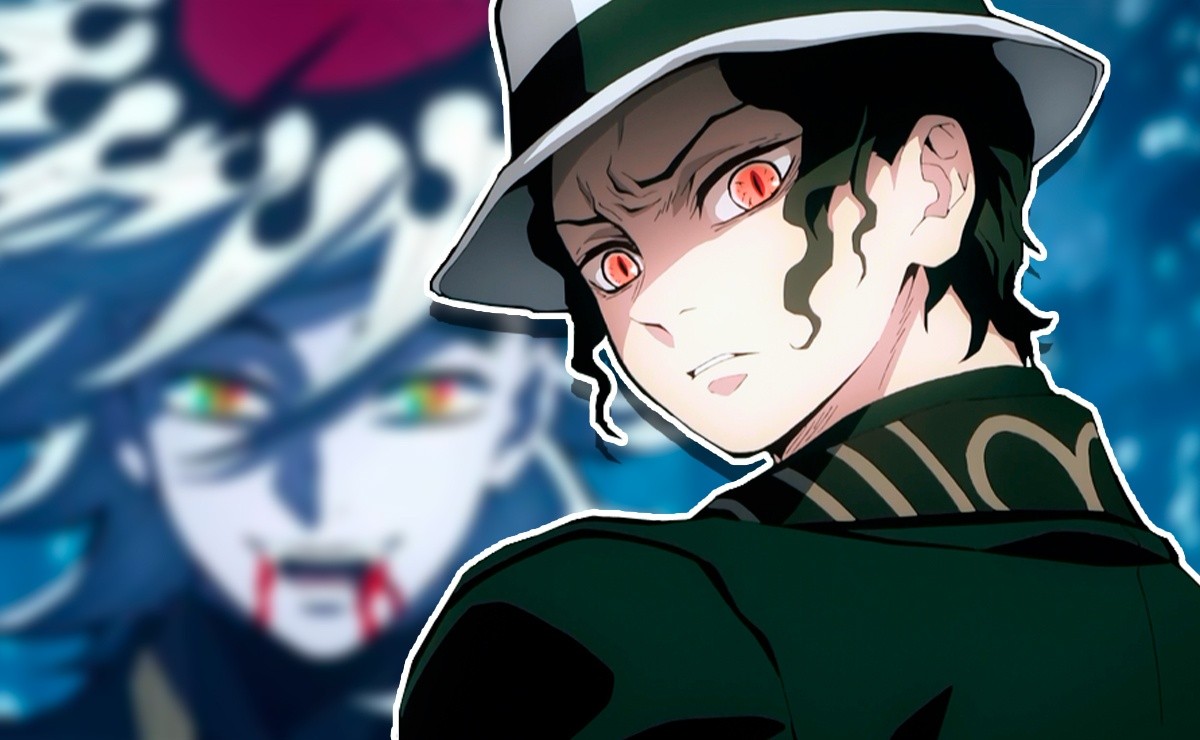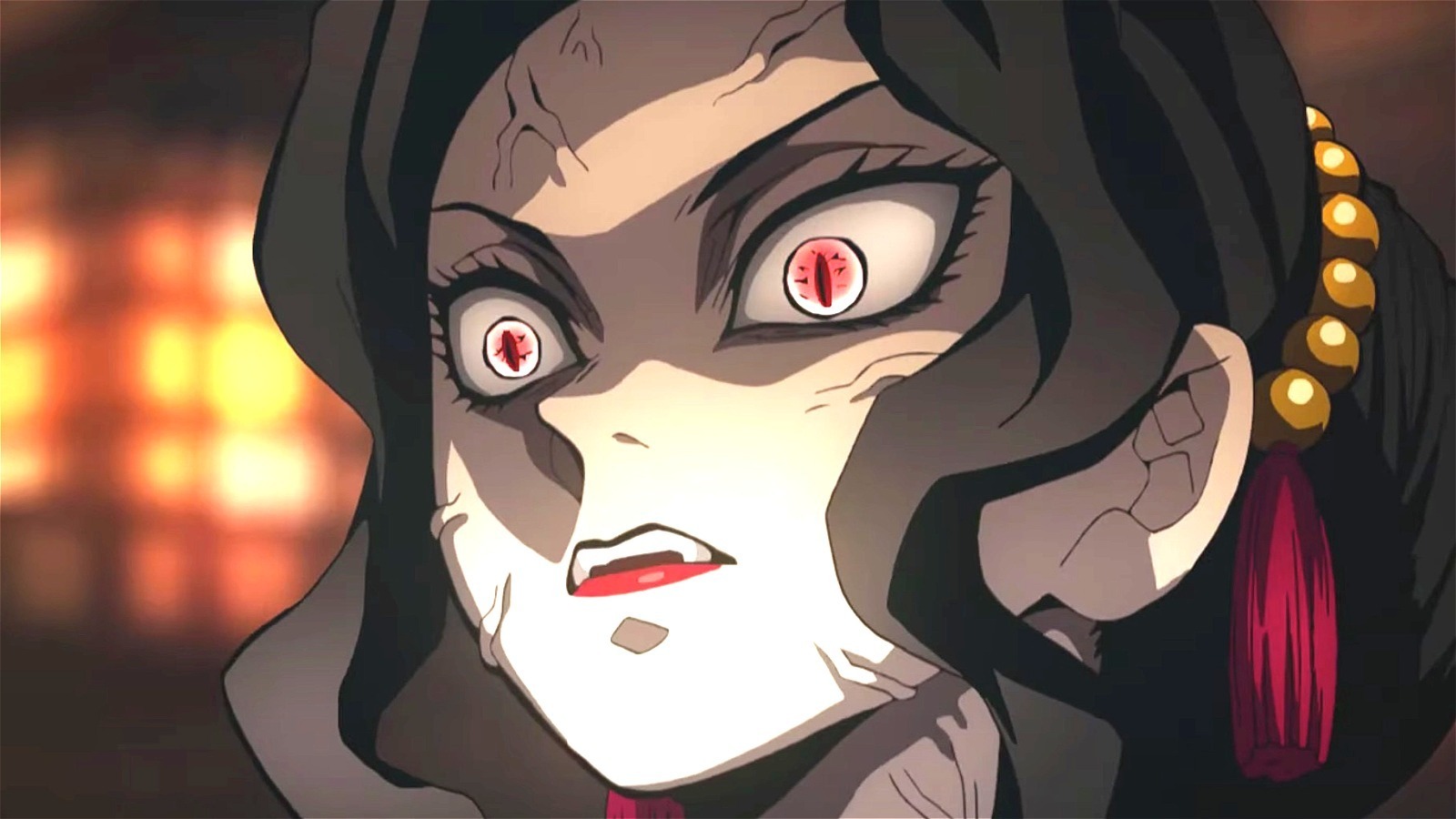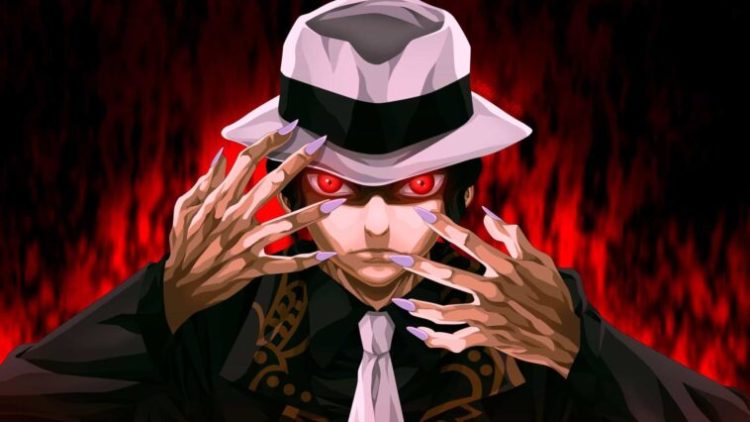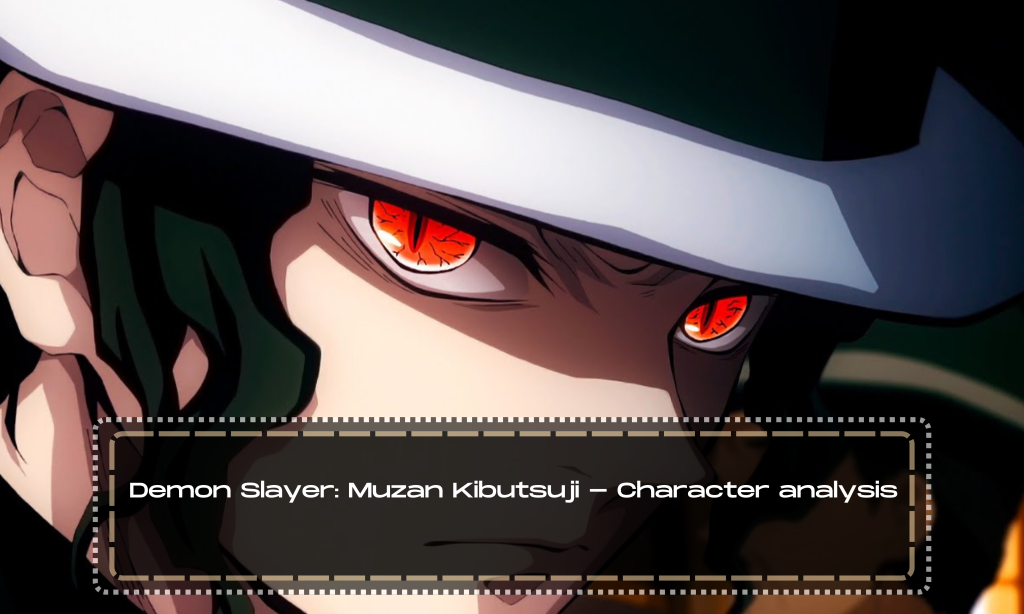Demon Slayer: Muzan Kibutsuji – Character analysis

Villains in anime and manga come in all sorts of shapes and sizes and bring a ton of color and life to their respective stories. Some are completely badass, like Eisen and Matara from Bleach and Naruto. Some are conniving and charismatic, like Dio or Crolo Lucifer from Jojo’s Bizarre Adventure and Hunter x Hunter. And some are just downright insane, like Hisoka. But if you were asked to describe what makes a great villain, would the word cowardice come to mind?
Muzan Kibutsuji, the big bad of the Demon Slayer world, while menacing and extremely terrifying at times, has an underlying theme of cowardice that I believe differentiates him from many other villains we see throughout anime. In many ways, I think it serves to ultimately ground this character in reality and actually make him someone you love to hate.
As you see Tanjiro and gang struggle to fight his seemingly endless horde of demon threats, throughout this blog, let’s take a look at his backstory, ideology, and notable ironies to determine how Michael Jackson (I mean Muzan) makes for such a unique and noteworthy character. So without any further ado, let’s dive right into it!
What’s up, anime fanbase? Welcome back to Anime Analysis, a channel dedicated to discussing and analyzing the best characters anime has to offer. Today, we’re looking at the moonwalking, multi-limbed demon king of pop himself, Muzan Kibutsuji. If you enjoy this blog and want to see more Demon Slayer analysis content or have recommendations for other anime you’d like to see me cover, leave your suggestions in the comments down below.
From the beginning, all Muzan knew was the struggle to live. As a baby, his heart stopped multiple times in his mother’s womb, and upon birth, he was deemed to not even have a pulse or breathing. Believed to be a stillborn birth, he was taken to be cremated when suddenly he let out his first cries. Throughout Muzan’s early years, he would succumb to multiple illnesses and was ultimately diagnosed with a disease that was set to kill him before the age of 20.
On one fateful day, the kind doctor treating Muzan gave him a special prototype medicine that he hoped would cure him of his ailments, but it appeared to have failed. Frustrated, Muzan killed the doctor in a fit of rage but had come to the realization that the medicine did, in fact, work. However, there were a couple of drawbacks. He realized that he needed to consume human flesh to survive but was surprisingly not bothered by this fact.

The second was that he couldn’t step foot in the sun ever again, as doing so burned him severely. It was here that Muzan would make his life’s work to create as many demons as possible to ultimately find the blue spider lily flower the doctor had used in his treatment and cure his ailment against the sun, his one and only weakness, a weakness so massive that he would spend centuries obsessing over it, which gives us some key insight into his character. So with that short backstory and thought in mind, let’s take a deeper look into the character of Muzan himself and unravel the layers of his philosophy further.
As I mentioned earlier, Muzan was never intended to be a badass villain, a charismatic or likable leader, or an honorable person in any way. He truly is one thing and one thing alone: a coward through and through. That is truly all he’s ever been, and his continued wish to preserve his own existence is truly the only thing that matters to him. This is illustrated perfectly when he’s speaking with Gyoko during the meeting with the Upper Moons after Daki and Kyotoro are killed.
Muzan monologues about change. He tells him, and I quote, ‘The one thing I hate is change. Changes in circumstance, changes in body, changes in emotion. In most cases, every change is degradation. It is in decline. The one thing I like is permanence. If something doesn’t change for an eternity, it’s in a perfect state.’ End quote. With Muzan’s backstory in mind and taking a critical look at things, this outlook seems to make more and more sense.
Muzan has always been one inch away from death, even seeming to walk hand in hand with it as a baby. Therefore, the smallest change or degradation in Muzan’s life is something that would cause him instant death, which is something he will never allow. Change is the fundamental opposition to everything Muzan is as a person, the source of all his conflict, frustration, and torment. Even more so, change is not a physical object that he could destroy.
It’s truly an intrinsic part of the world that governs everything within it. Change is a theme that’s central to Kimetsu no Yaiba. These natural concepts are never solitary, meaning there cannot be change without permanence, just like there cannot be warmth without cold, light without darkness, and life without death.
It’s just the nature of the universe. Tanjiro even mentions this in the very first chapter of the story when he monologues to himself, ‘Our life isn’t easy, but we’re happy. But life is like the weather. It’s always changing. It won’t always be easy, and the snow won’t always keep falling. When happiness ends, there’s always the smell of blood in the air.’ Muzan and his cowardice is the very embodiment of the fight against these forces of nature.
The only way that he rationalized that he could do this is to become a force of nature himself by conquering the one and only known weakness to him. This is a theme that I believe makes him an amazing villain. Connecting to this, his massive insecurity also comes out in the way that he presents himself to others and even talks about himself. Instead of telling people that he was a sick and dying person on his deathbed, he tells people that he was the destined king of demons or the special demon.
This is also apparent when he slaughters the drunk and his friends in the alleyway during season 1. Before killing the woman, he asks her if he looks sickly and that he is far from imperfection. But in actuality, when taking a closer look at this character, it truly is all a front, and I think Muzan knows it too.

With the theme of nature clearly defined in the Demon Slayer story, I think it’s important to note that since Muzan tried so hard to go against the rules of nature, it’s almost as if he awoke a force that was set to retain balance in the world, that being the Demon Slayer Corps, but even more so, Yorichi Tsugikuni. I believe that this explains the reasons why the original Demon Slayer is as insanely strong as he is.
It could be the case that nature itself blessed him with the enormous power to defeat someone who had been artificially going against it. Lastly, I think it’s important to note that Muzan is an incredibly ironic character when you take a look at him.
Given the nature of his philosophy and what we just talked about, first of all, he can shapeshift, not only into different people, but when he battles as well, his organs are constantly changing and moving within his body, making it hard for the demon slayers to point out where exactly they’re located. Pretty weird for someone who hates change, don’t you think? Secondly, when Tanjido and gang ultimately defeat Muzan, he is reduced back into a baby, literally becoming the thing in which he was born into the world as, a weak and harmless baby clinging on to life by all means necessary.
Third, it was revealed the blue spider lily did in fact exist. It was something that only bloomed two to three days out of the year when the sun was out, so it explains why Muzan was never able to find it despite years of searching for it. And lastly, even Muzan’s color scheme helps explain his philosophies against nature. I believe that the black and white that he wears is representative of almost a ying and a yang, even though he despises balance and the natural concepts that it represents.

It’s almost as if he ultimately knew that all along, that nature would run its course and his time would eventually come. Having said all of that, it’s easy to see why he’s so hated but also an incredibly complex and deep antagonist. I can’t wait to see more of Muzan in the upcoming seasons, and I’m especially excited about the new swordsmith village arc coming in fall 2023. But do you agree with this analysis of Muzan? What key parts of his character did you like or dislike the most?
If so, I’d love to hear your thoughts in the comments section below. If you like this Demon Slayer analysis blog, I’ll leave a link to my Demon Slayer playlist right here, featuring some of its other characters. As always, it’s been Dill from Anime Analysis, and until next time, stay curious, anime fam!
That’s me, Andreea Blaga, author of the blog anime-everything.com. I work as a content creator in the US. I am also passionate about Japanese Anime.


Related post
The Art Style of Solo Leveling: A Visual Feast for Readers
On this pageDemon Slayer: Muzan Kibutsuji – Character analysisThe Art Style of Solo Leveling: A...
Oct
Why JJBA is the Most Bizarre Anime Ever Made
When discussing iconic anime series, one title that consistently stands out is “JoJo’s Bizarre Adventure,”...
Oct
The Impact of Wind Breaker on the Sports Anime Genre
The sports anime genre has seen numerous iterations over the years, captivating audiences with its...
Sep
Decoding the Enigmas: Exploring the Hidden Secrets of Gravity Falls
“Gravity Falls,” created by Alex Hirsch, is a beloved animated series that has captivated audiences...
Aug
The Rise of Kaiju No. 8: A New Era of Monster Manga
The world of manga has always been rife with innovative storytelling and vivid illustrations, but...
Aug
Character Study: Korra and Aang’s Legacy
In the richly woven tapestry of the “Avatar” universe, the characters of Korra and Aang...
Jul